A discussion featuring Dr. Gerald Horne and Paul Coates. Video Source — The Real News

By Vesla M. Weaver — Two new books, including National Book Award nominee ‘Locking Up Our Own,’ address major blind spots about the causes of America’s carceral failure. Locking Up Our Own: Crime and Punishment in Black America by James Forman, Jr.; Locked In: The True Causes of Mass Incarceration and How to Achieve Real Reform by John F. Pfaff

William A. Darity Jr. is the Samuel DuBois Cook Professor of Public Policy, African and African American Studies, and Economics and the director of the Samuel DuBois Cook Center on…
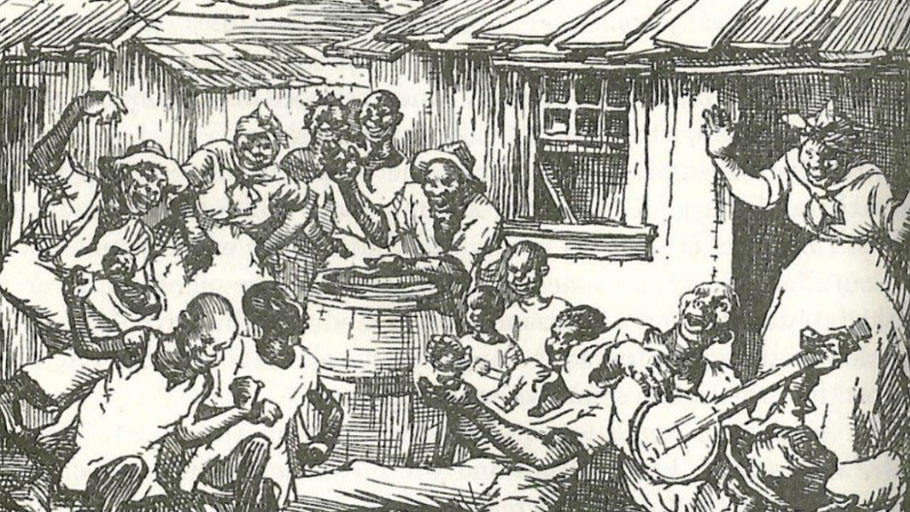
By Donald Yacovone — There it sat on a library cart with fifty other elementary, grammar, and high school history textbooks, its bright red spine reaching out through time and…
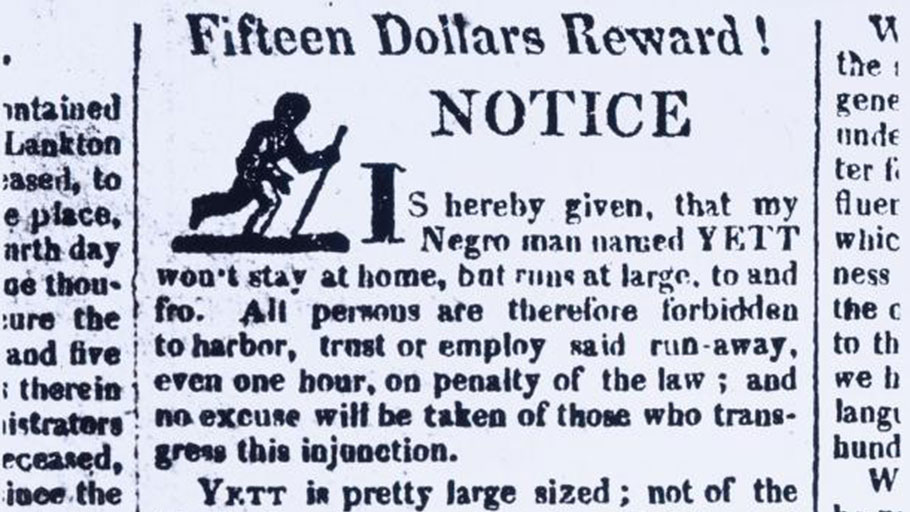
Freedom on the Move from Cornell University is the first major digital database of fugitive slave ads from North America. By Allison Meier — Readers of the May 24, 1796 Pennsylvania Gazette found an advertisement offering ten dollars to any person who would apprehend Oney Judge, an enslaved woman who had fled from President George Washington’s Virginia plantation, Mount Vernon. The notice described her in detail as a “light mulatto girl, much freckled, with very…
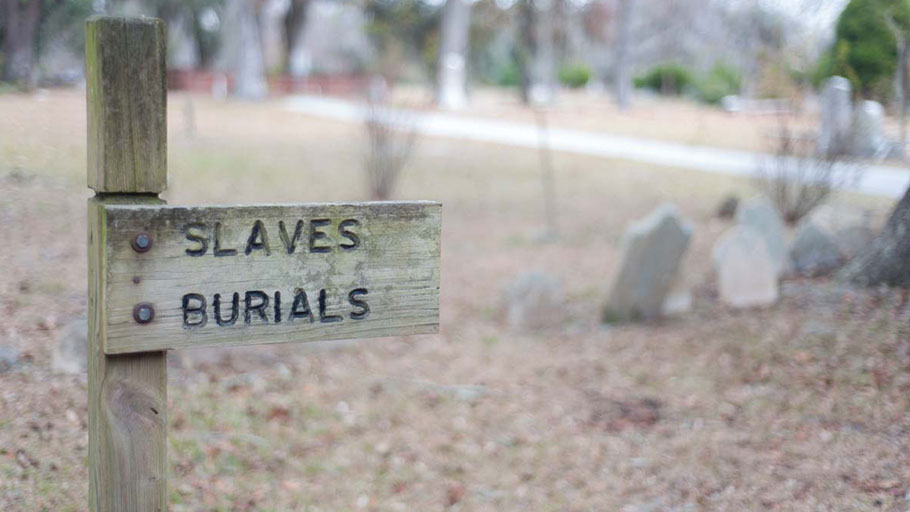
5 Years After the Unmarked Graves of 1,000 Enslaved People Were Uncovered Near a Shell Refinery, Descendants Will Be Able to Pay Their Respects Breanna Edwards, The Root — Some…
Hari Jones discusses some of the most interesting facets of the Underground Railroad prior to and during the Civil War, including the role of African Americans in the war itself….
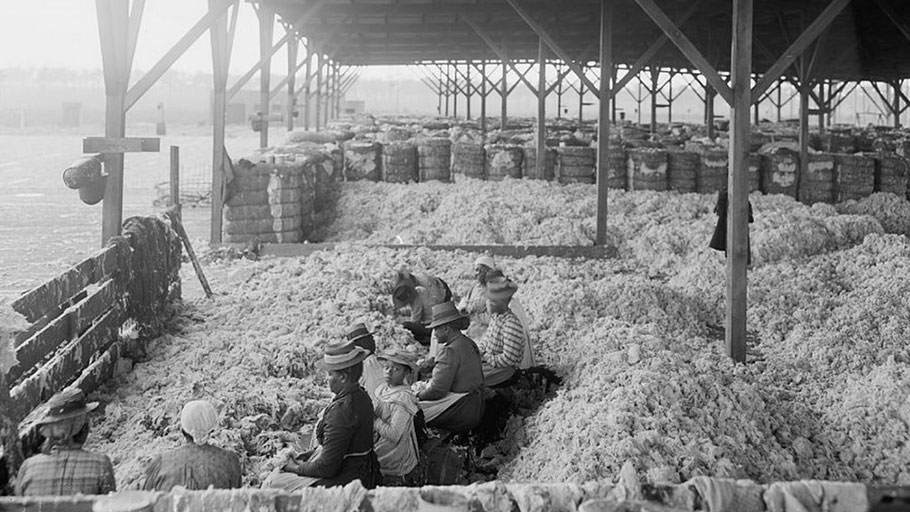
Slavery did not die because it was unproductive or unprofitable, as some earlier historians have argued. Slavery was not some feudal remnant on the way to extinction. By Sven Beckert — By 1830, one million Americans, most of them enslaved, grew cotton. Raw cotton was the most important export of the United States, at the center of America’s financial flows and emerging modern business practices, and at the core of…
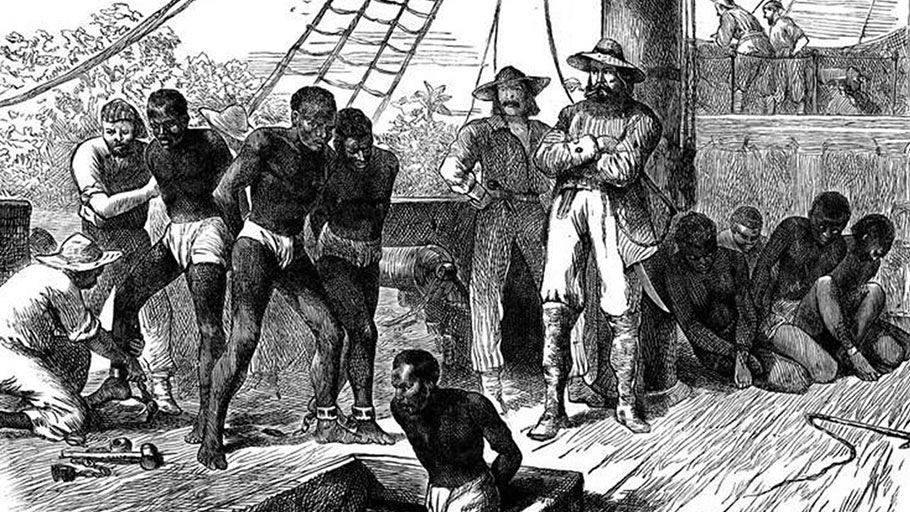
The history-teaching wing of the Koch brothers empire is seeking to promote an alternate narrative to slavery. By Adam Sanchez, Zinn Education Project — Given that the billionaire Charles Koch has poured millions of dollars into eliminating the minimum wage and paid sick leave for workers, and that in 2015 he had the gall to compare his ultra-conservative mission to the anti-slavery movement, he’s probably the last person you’d want educating young people about slavery.
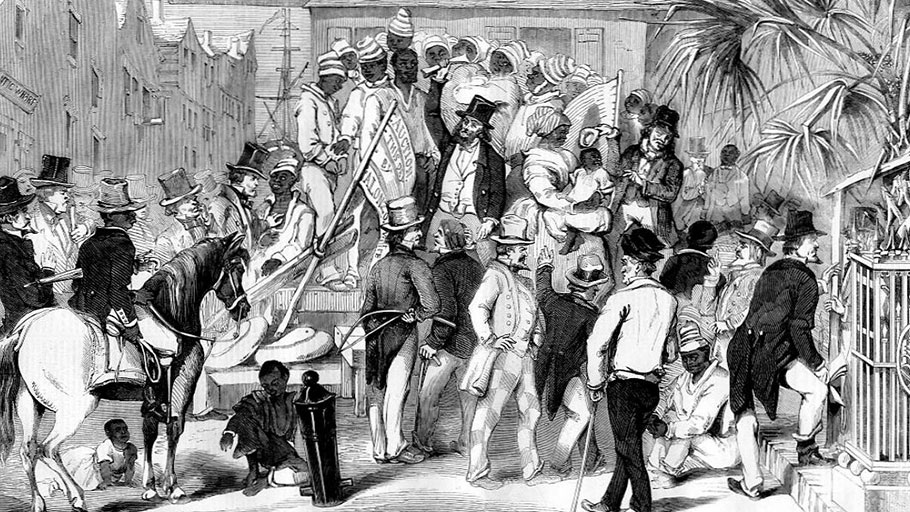
During the Civil War, the jails that held the enslaved imprisoned Confederate soldiers. After, they became rallying points for a newly empowered community By Jonathan W. White, Smithsonian — For decades before the Civil War, slave markets, pens and jails served as holding cells for enslaved African-Americans who were awaiting sale. These were sites of brutal treatment and unbearable sorrow, as callous and avaricious slave traders tore apart families, separating…

Kim Bellware, Vice — Shock has emerged as the signature emotional response to the organized confusion of the Trump era. The president is at war with the same agents of federal law enforcement investigating his old campaign. Just months after an alt-right rally in Charlottesville ended in death, emboldened white supremacists are littering college campuses with propaganda. And an immigration system that was already broken has been thrown into even more chaos by a White House bent on vindictive, nativist policies.

By Garikai Chengu — Four hundred and eight years ago today King Phillip III of Spain signed an order, which was one of the earliest examples of ethnic cleansing. At…














